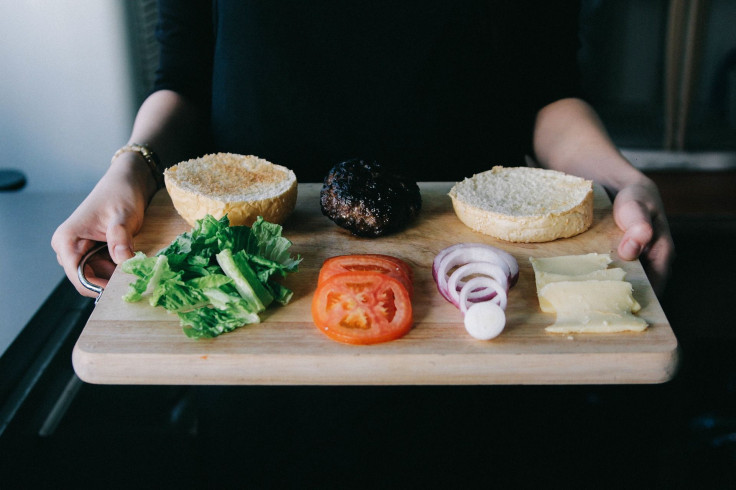4 Studies Debunk The 'Don't Eat Before Bed' Myth: The Best Time To Eat


Is eating before bed proven to be worse than other times of the day or is that a myth?
This question orignally appeared on Quora. Answer by Tim Ernst, Fitness Expert and Founder of TurnAroundFitness.com.
The best time to eat is at night. What you have heard is a myth. Here are four studies proving it. Ignore all the doomsday warnings about eating yummy carbs before bed, and eat all your favorite carbs at night to burn more fat and build muscle.
Study # 1
The first study compared the effects of eating 70 percent of daily calories in the morning vs. the evening on body composition. Ten subjects were placed on a six-week weight loss (calorie restricted) diet, and the group that ate the majority of their daily calories in the evening lost more fat and less muscle than the morning group.
In fact the morning carb feeding group lost 30 percent of muscle, compared to 7 percent in the evening group.
Study # 2
The second study was published in 2011, and consisted of a 6-month program wherein Israeli police officers ate about 1,500 calories per day, with one group eating carbs throughout the day and another eating the majority of carbs at dinner.
Researchers found more fat loss with the evening group, and improvement in different health markers, such as blood glucose levels and insulin sensitivity, plus they enjoyed greater levels of satiety.
Study # 3
A third study in 2013 suggested that a low-calorie diet with carbohydrates eaten at dinner can positively modulate daytime hormonal profiles. “Taken together with earlier results, we believe this diet regime may prevent mid-day hunger, better support weight loss and improve metabolic outcomes compared to conventional weight loss diets.”
Study # 4
A 2014 study showed that “Eating carbohydrates mostly at dinner and protein mostly at lunch within a hypocaloric balanced diet had a higher effect on dietary induced thermogenesis compared with control diet. Moreover, eating carbohydrates mostly at lunch and protein mostly at dinner had a damaging impact on glucose homeostasis.”
More from Quora:
Published by Medicaldaily.com



























